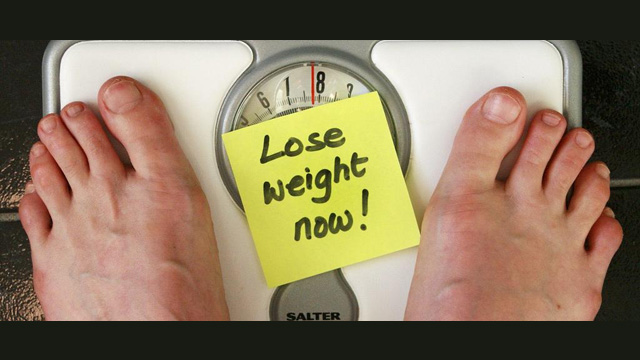Dr. Suvarna Vyas tell you ways to save yourself from being known as ‘Obese’

Do you rush to your nearest bakery twice a day to hog on to your favourite cakes and desserts? Do you feel weak and helpless when people eat anything delicious in front of you? Do you feel dejected when people call you fat but a hamburger is enough to make-up for it?
If the answer to any of these questions in yes, then my dear friend you are a victim of food. There is nothing bad in enjoying food like every normal person does, but the problem arises once you graduate from a foodie or a glutton to maniac. This leads to obesity. Obesity may be defined as an abnormal growth of adipose tissue due to enlargement of fat cell size or an increase in fat cell numbers or both. It is often expressed in term of body mass index (BMI).
For most people, BMI is a reliable indicator of body fat. It is calculated based on your height & weight.BMI can be calculated with help of weight & height by simple formula
| BMI (Kg/m2) = weight (kg) / [height (m)]2 If your BMI is less than 18.5, it falls within the “underweight” range.
|
Abdominal obesity is defined as waist circumference of > 102 cm for men and > 88 cm for non-pregnant women
Harmful effects of being overweight & obese on health
Obesity is the most prevalent form of malnutrition that affects both children & adults. It is estimated that in developed countries 20 to 40 % adults & 10 to 20 % children are affected. This condition often leads to
- High blood pressure
- Diabetes
- Dyslipidemia – abnormal amount of lipids in blood (high cholesterol/ triglycerides)
- Coronary heart disease
- Asthma
- Liver & Gallbladder disease
- Sleep apnea & respiratory problems
- Osteoarthritis (degeneration of cartilage)
- Gynecological problems (abnormal menses, infertility)
- Cancers (endometrial, breast, and colon)
Prevention & control
- Slow & steady reduction of body weight is advisable.
- Don’t go for crash diets. Severe fasting may lead to health hazards.
- Achieve energy balance & appropriate weight for height.
- Regular physical exercise may help.
- Eat small meals regularly at frequent intervals.
- Cut down on sugar, salt, fatty foods, refined foods, soft drinks, & alcohol.
- Eat complex carbohydrates, low glycemic foods, & fiber rich diets.
- Increase consumption of fruits and vegetables, legumes, whole grains and nuts.
- Limit fat intake and shift from saturated to unsaturated fats.
- Avoid trans-fatty rich foods (vanaspati , bakery products & sweets).
- Drink low- fat/ skimmed milk.





